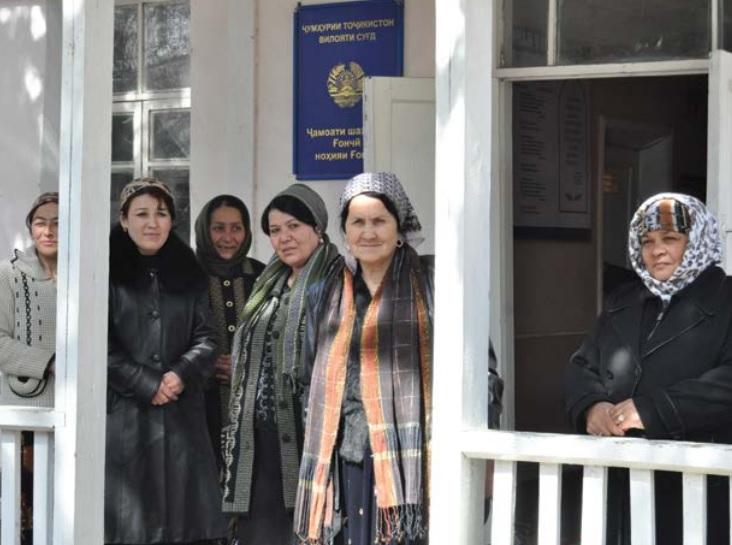Misconceptions Abound On Gaza's Women, Politics
It has become commonplace when reading about Gaza to come across descriptions of it as an "Islamist enclave" or "Hamas-controlled territory" and so on.
It has become commonplace when reading about Gaza to come across descriptions of it as an "Islamist enclave" or "Hamas-controlled territory" and so on.
